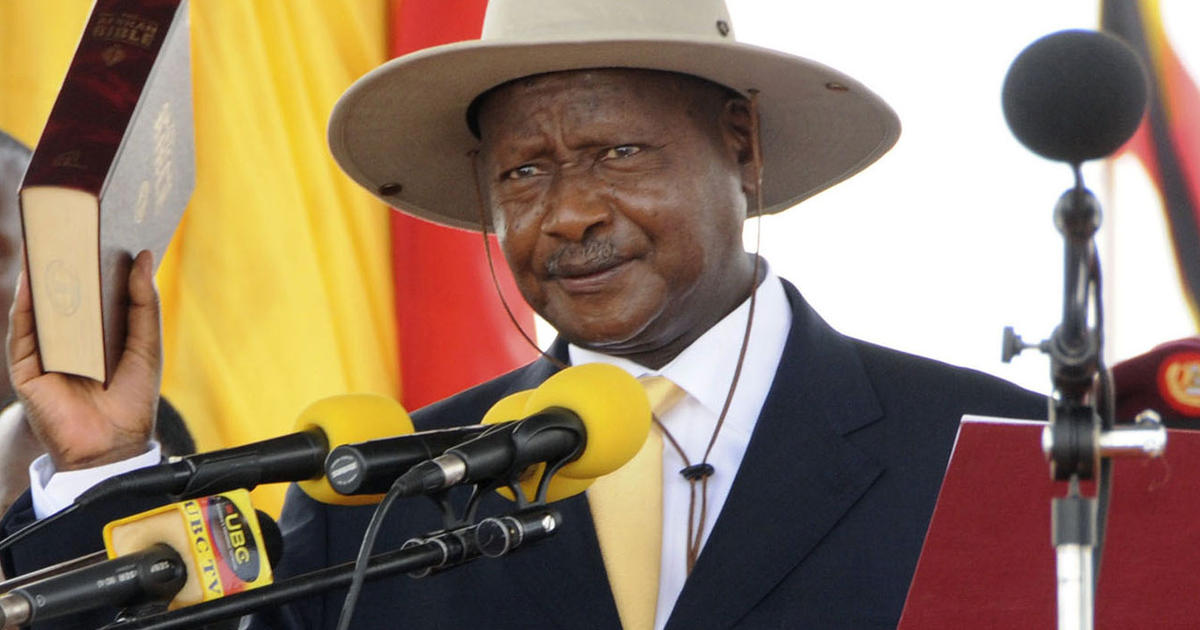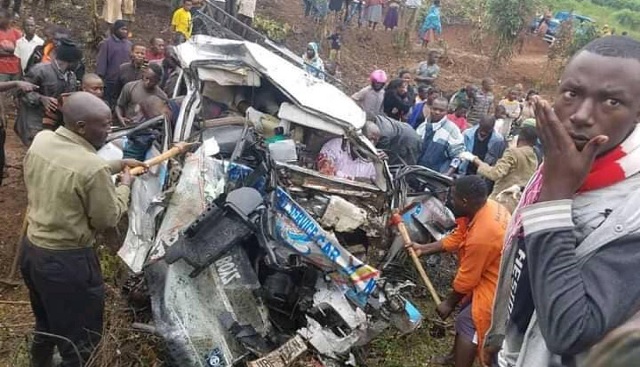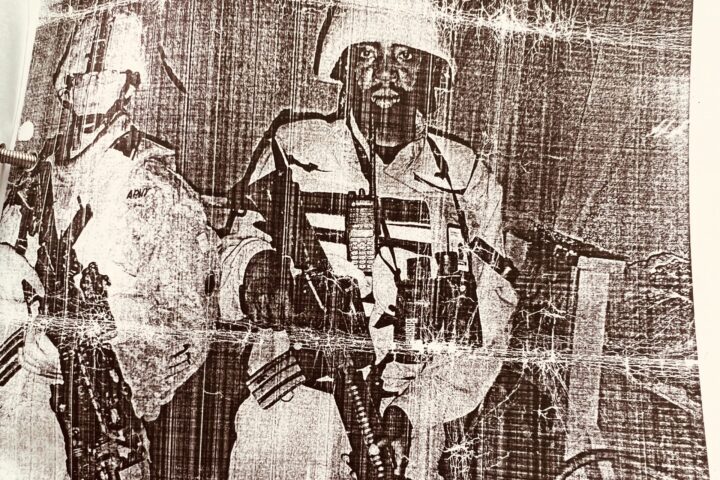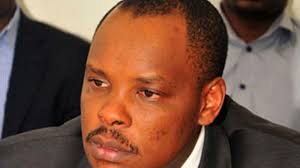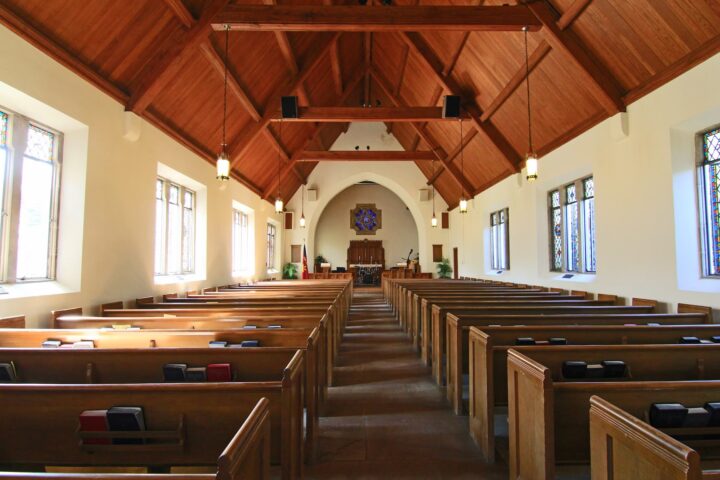President Yoweri Museveni’s private secretary for political affairs (in charge of institutions) David Mafabi in his Sunday column responded to “Museveni: The African leader the US loves to hate” published last week in this magazine. In his effort to defend the actions of the government he serves and sound clever at the same time however Mafabi distorts what is an article on the challenges on US policy in Africa by assuming that it is about the legacy of Mr. Museveni. Let “us” agree with him however that no one owes Ugandans a free lunch.
Additionally that in their dealings with foreign powers, African leaders like Mr. Museveni can also play the game or in other words engage in “real politick”. The assumption here is that political maneuvering aims at maximizing the interests of the country engaged in it. However the policies of the NRM administration over the last 20 years have weighed on the side of “regime maintenance” at the expense of delivering public goods and meeting the governance challenges that come with it. As a result of this doctrine, Ugandans especially those in the central and south west where the government has traditionally received support have enjoyed relative personal security and prosperity. In the north and east however communities that resisted or challenged the regime fared worse. Some, like the Karimajong, continue to face the brunt of this policy even today.
Elsewhere this policy has proved corrosive to standards in every sector. In public administration, the emphasis on regime security has spawned numerous organs of state that “house” regime supporters and pay for regime support- at the expense of lean and effective administration. Regime survival as a doctrine has also been harsh on individuals. A look at the complainants of human rights abuses in Uganda reveals this more clearly; torture by state agents tends to be associated with a challenge to the regime which has also criminalized political opposition to it. The case of Besigye and the “PRA suspects” show that not even the sanctity of Judiciary itself is not safe when the regime maintenance is at stake while the trial of Jim Muhwezi and others has virtually destroyed the institution of the Inspector General of Government with valid claims of bias by IGG Faith Mwondha. Far from a “fight on corruption”, which is commendable the Muhwezi trials are tied to a policy of weeding opposition from within while the government gets set to write off trillions in ‘bad loans”.
General Muhwezi was safe as long as he was loyal not after. Alice Kaboyo, a relative of Mr. Museveni told friends she used part of the Gavi funds to organize a demonstration against Judges in 2004, when a ruling on the 2000 referendum law out to question the legality of government. In a UTV interview Museveni- in military fashion warned the judges. Now Ms Kaboyo, finds herself seeking Justice before a court. Similarly, the credibility of the Parliament of Uganda was dragged through the mud when MP’s were paid money to “facilitate them” before the term limits vote in 2005. While regime survival is a healthy policy it is not sustainable when it comes at the cost of public goods which by their nature are better protected by good governance and regime renewal through democratic institutions. This is where a clash emerges between US policy and Uganda. It thrived as long as there was a convergence between US policy in the Great Lakes and Museveni’s earlier challenges of stabilizing the country in the 80’s and 90’s. However by lifting constitutional term limits to run again in 2006- regime maintenance in Uganda crossed the rubicon to something familiar on the African continent; personal rule as opposed to institutional governance. ” The Big Man” syndrome means the infrastructure for regime maintenance is not always in the interest of the greater public good but synonymous with individual control of the state.
A divergence between the stated policies of the US and Museveni’s here. While there is continual convergence between US Foreign policy and Uganda in places like Somalia, supporting a system that is historically proven hostile to democratic institutions is at odds with Washington. It’s a challenge for both governments. Ugandans are also disaffected by the weight of regime maintenance as a policy and have punished Mr. Museveni at the polls causing a 10% decline in his voting numbers in the last elections. An attempt to separate the regime from Museveni is also causing significant friction within the NRM where a succession debate is underfoot. In response to these challenges the regime has increased rhetoric about public goods like roads and electricity. More remains to be done. A revision of this doctrine may well become necessary for regime maintenance itself. If Mafabi says no one owes Ugandans a free lunch, the response is that lunch is not free. Ugandans pay tax and vote- thereby trusting elected governments to ensure they are able to sort out their groceries. Every 5 years they decide how that trust has been repaid. It is their right to demand better service. How is such a demand, a demand of the opposition, Mr. Mafabi? Regime maintenance may have led to some admirable examples in international ” real politick” but regimes that fail to deliver have almost always regressed no matter how smart their politics.

